Hot Vs. Cold Water – Which Is Better For Washing Your Hair?
All you need to know about the correct water temperature for healthy hair growth
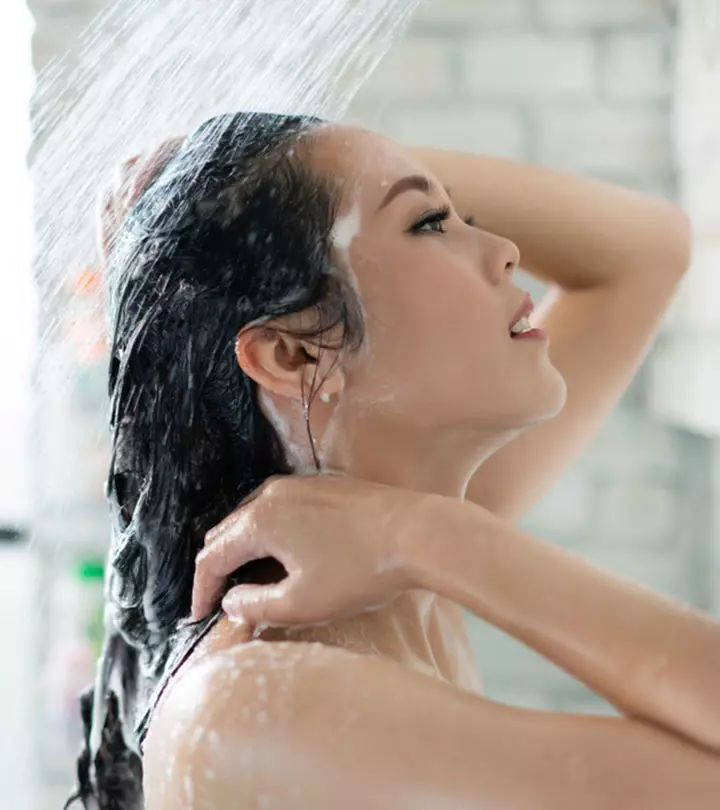
Image: Shutterstock
Is cold water good for your hair? Yes, there are certain advantages to washing your hair with cold water instead of hot water. If you are brave enough to get your mane under a cold shower, make sure the water is at an appropriate temperature setting. The wrong temperature can damage your hair. You may experience hair loss, brittleness, and dullness. This article helps you decide the ideal water temperature for hair washing and prefer hot or cold water for your mane. Keep reading to find out the best option for you.
In This Article
Why Water Temperature Matters For Washing The Hair
The water temperature can make or break your hair. Very hot water can strip the hair’s natural moisture, making it dry, dull, and frizzy. Apart from freezing you and giving you a headache, very cold water makes the hair brittle, dry, and dull.
Then, why do some people prefer washing their hair with hot water while others vouch for cold water? Well, both have their merits and demerits. Learn the benefits of using both so you know how to shower the right way for your skin issues.
Key Takeaways
- Excessively hot water may cause hair shaft swelling, leading to frizzy hair, while cold water closes the cuticles and hinders proper hair cleansing, making the hair greasy and lifeless.
- Using warm water with a temperature just above 100°F helps to keep the hair clean and relieves scalp irritation.
- Use warm water and shampoo to cleanse the hair and remove dirt and grease. Follow up with a conditioner and warm water rinse. Use cold water as the final rinse to close the cuticles.
- Oily hair may require more frequent washing to eliminate grease, while dry hair may require less frequent washing to maintain natural oils.
What Hot Water Does To Your Hair
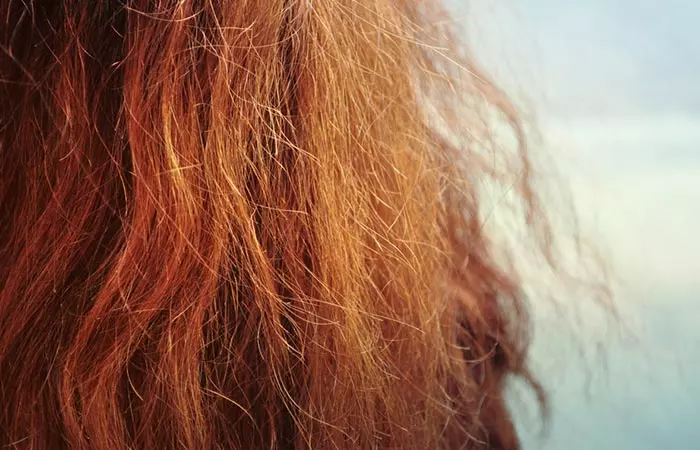
The outer layer of the hair is the cuticle – made of dead, overlapping cells that protect the hair shaft (1). When you wash your hair with hot or warm water, the cuticles open up. This helps eliminate the trapped dirt, dust, oil, and sweat from the hair. But there is a downside to it. Washing the hair with hot water causes swelling of the hair shafts or frizzy hair.
 Quick Tip
Quick TipWhat Cold Water Does To Your Hair
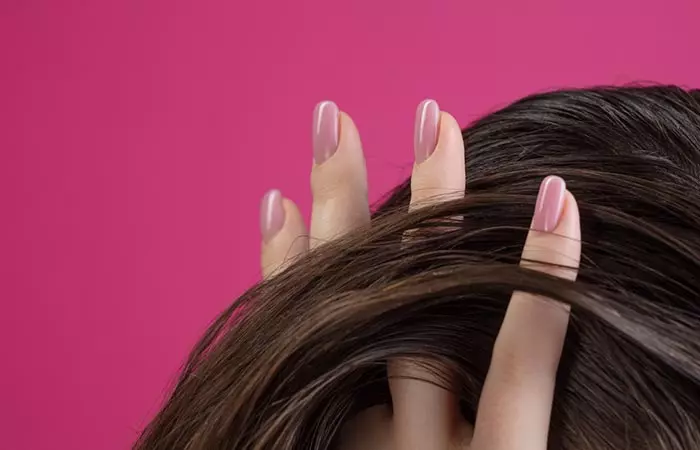
Cold water closes the hair cuticles and helps reduce frizz. Unless the cuticles are open, water cannot penetrate the hair and eliminate unwanted oil, dirt, and sweat. As a result, your hair will feel rough and greasy, even after washing. However, water that is too cold might make your hair dull and lifeless.
 Quick Tip
Quick TipA cold water rinse is great for your hair due to the following reasons.
Benefits Of Cold Water For Hair Wash
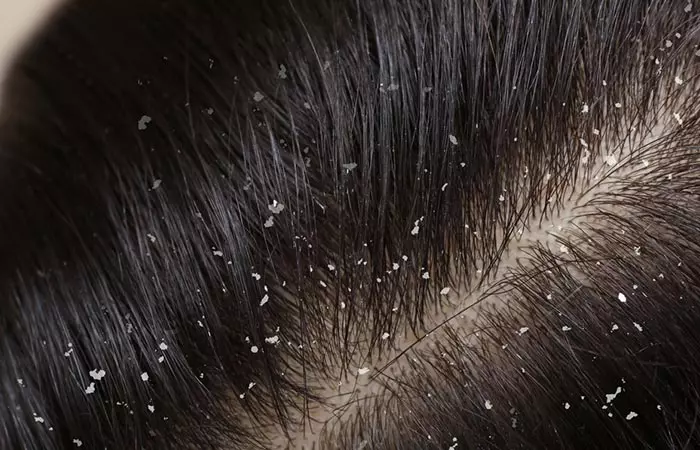
- Reduces frizz
- Adds shine
- Helps eliminate dandruff
- Improves blood circulation to the scalp
- Helps retain the natural hair moisture
- Boost hair elasticity, reducing the likelihood of breakage.
But is hot water any good for your hair? Yes! Here are the benefits of washing your hair with hot or warm water.
Benefits Of Hot Water For Hair Wash
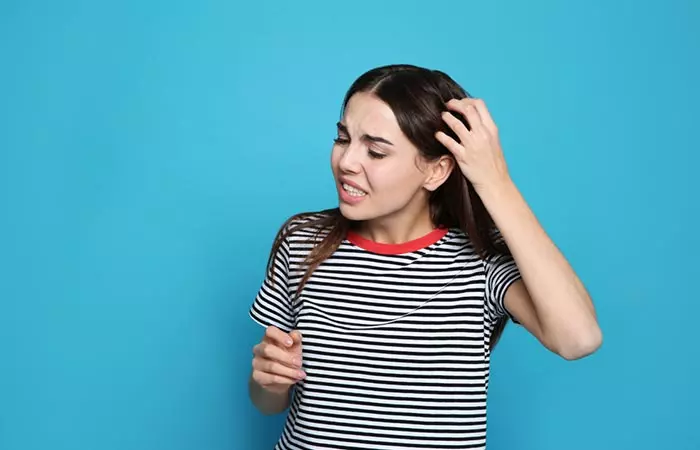
- Removes excess oil
- Eliminates dirt and dust
- Cleanses the scalp
- Prevents scalp infection
- Cleanses product buildup
So, what should you use – hot or cold water? Well, the trick lies in knowing when to use hot and cold water to wash your hair. Scroll down to know how to wash your hair with hot and cold water without damaging it.
Best Way To Wash Your Hair
The best way to wash your hair is to cleanse it with hot or warm water and use cold water for the final rinse.
A hair wash with shampoo and warm water helps open the hair shafts and eliminate impurities. It also preps the hair to absorb the conditioning agents and lock in moisture. After washing off the conditioner with warm water, use cold water for the final rinse. This will help close the cuticles and prevent frizz for optimal hair care.
Dani, a blogger, shared how she washes her dreadlocks to keep them clean. She writes, “ I wash with warm to hot water, and rinse with cold. That way I feel like I am opening my pores and cuticles and cleaning, and then sealing them with cold water. Rinsing in cold water also helps my dry scalp (i).”
Now the question is, can anybody use cold water to wash their hair? Let’s find out!
Should You Wash Your Hair With Cold Water?

Wash your hair with cold water if you don’t have fever, cough and cold, and sinusitis. Avoid washing your hair with cold water if you stay in a very cold climate. Heat the water to room temperature for the final rinse. Cold water can also be a good choice for the majority of hair types. It boosts shine and reduces frizz but may not effectively cleanse oily scalps or remove product buildup.
How frequently should you wash your hair? Check out the next section to find out.
How Often Should You Wash Your Hair?
The washing frequency depends on your hair type, scalp condition, and preference. While there’s no one-size-fits-all answer, here are some guidelines:
- Oily Hair: Wash your hair once every 2 days to keep it fresh and clean.
- Normal Hair: Wash your hair every 2 to 3 days to maintain cleanliness and moisture balance.
- Dry Or Curly Hair: Wash your hair once or twice a week to retain the natural oils and prevent excess dryness.
- Fine Hair: Wash your hair every two days to maintain volume and freshness.
Infographic: Pros And Cons Of Washing Hair With Cold Water
The temperature of the water that you are using to wash your hair can make all the difference between healthy locks on a good hair day and a bad one. Cold water can make your hair shiny and frizz-free by closing pores on the scalp. It may reduce the volume of your hair too. Click on the infographic below to learn in detail about the pros and cons of washing the hair with cold water. Illustration: StyleCraze Design Team
The benefits of washing your hair with cold water include minimizing frizz, eliminating dandruff, improving blood circulation to the scalp, adding shine, and improving the natural hair moisture. The ideal way to wash your hair is to cleanse it with warm water first and then use cold water for the final rinse for good hair health and optimal hair maintenance. Using warm water will help open the hair follicles and remove the dirt, while cold water will help close the follicles and prevent frizz. This is the right way to use warm and cold water to keep your hair healthy and clean. Also, always be mindful of maintaining hygiene and hair cleanliness when focusing on your shower routine.
Frequently Asked Questions
Does water temperature impact hair dye results?
Yes, temperature can influence hair dye results. Warmer temperatures may speed up processing, while colder conditions can slow down color development.
Does washing hair with hot water cause hair loss?
It is possible. While washing your hair with hot water is not directly linked to hair loss, it may cause scalp irritation, loss of moisture, and dandruff, leading to hair fall.
Does cold water make hair grow?
No. There is no scientific evidence to suggest that cold water makes hair grow. However, it makes your hair shinier and prevents damage by closing the hair cuticles.
Does washing hair with cold water help prevent hair loss?
Cold water opens up blood capillaries in the scalp, which allows blood to flow more freely. As a result, the roots receive essential nutrients that are necessary for healthy hair growth. It also tightens the hair follicles, which prevents hair loss.
Is washing hair with cold water safe for all hair types?
Yes, it improves blood circulation, closes pores, and reduces frizz and breakage, which is beneficial for all hair types.
Can cold water help reduce scalp irritation or inflammation?
Yes, a cold water rinse can provide relief from inflammation around hair follicles and irritation resulting from a dry and itchy scalp.
Can washing hair with cold water be used with other hair care practices, such as oil treatments or hair masks?
Generally, it is safe to use cold water with oil treatments and hair masks. Consult a doctor if you have sensitive skin or a condition that may require special attention.
References
Articles on StyleCraze are backed by verified information from peer-reviewed and academic research papers, reputed organizations, research institutions, and medical associations to ensure accuracy and relevance. Read our editorial policy to learn more.
- The structure of people’s hair
https://www.ncbi.nlm.nih.gov/pmc/articles/PMC4201279/
Read full bio of Tiffany Young
Read full bio of Arshiya Syeda
Read full bio of Ramona Sinha
Read full bio of Medha Deb






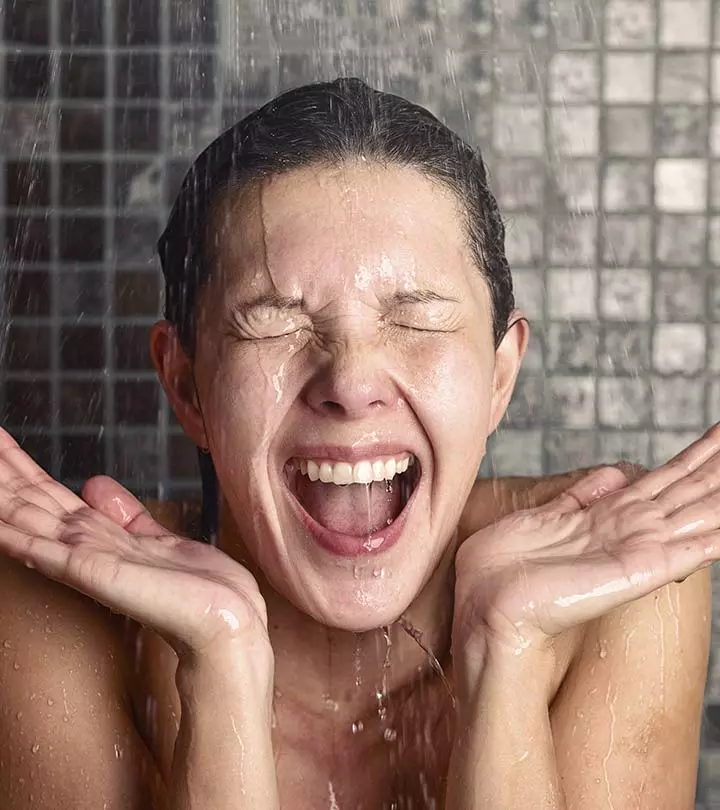
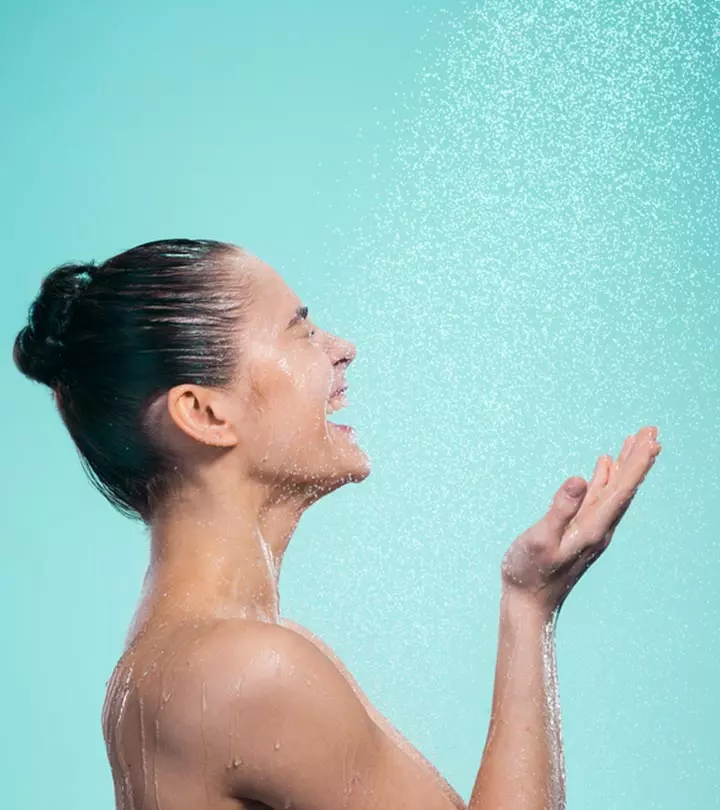
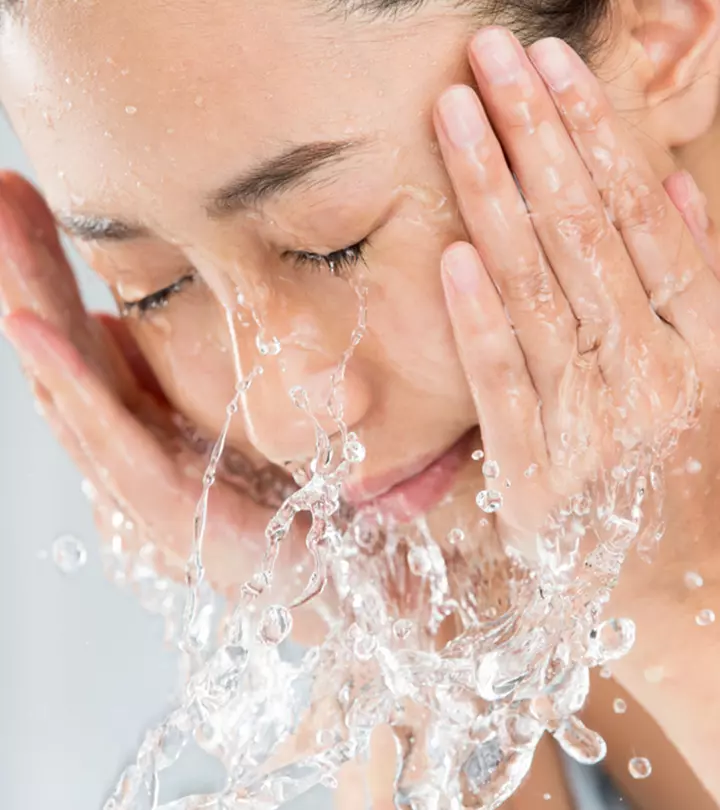
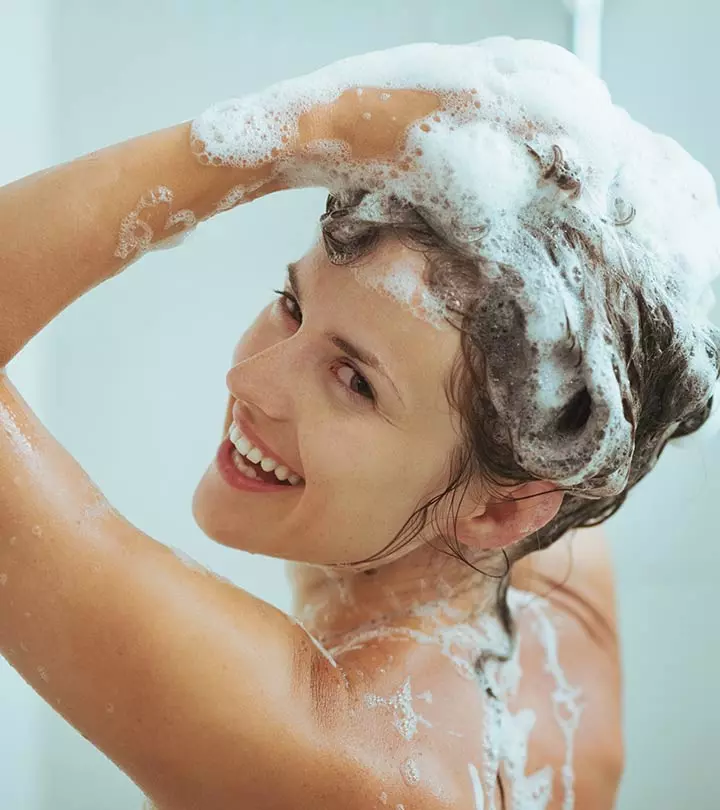



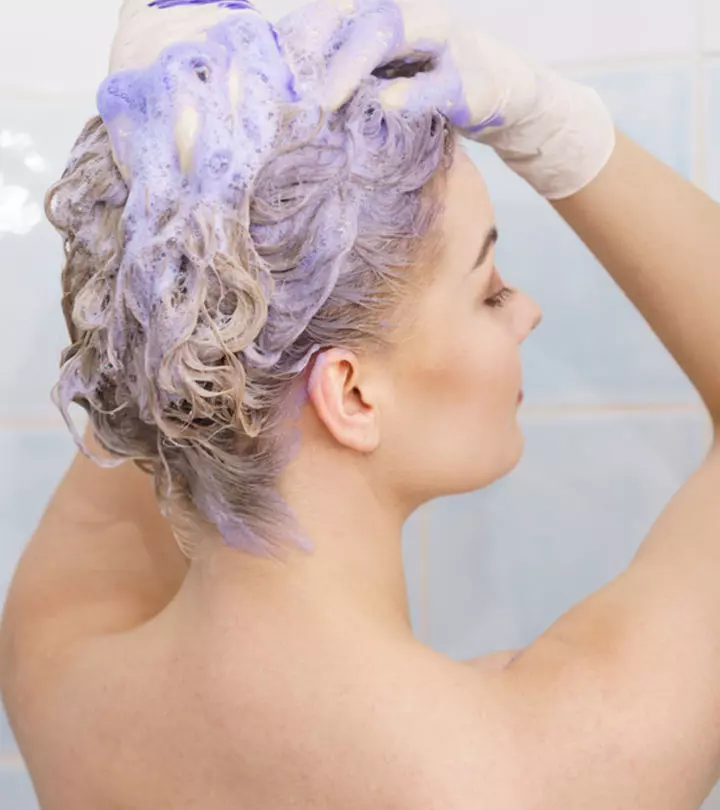
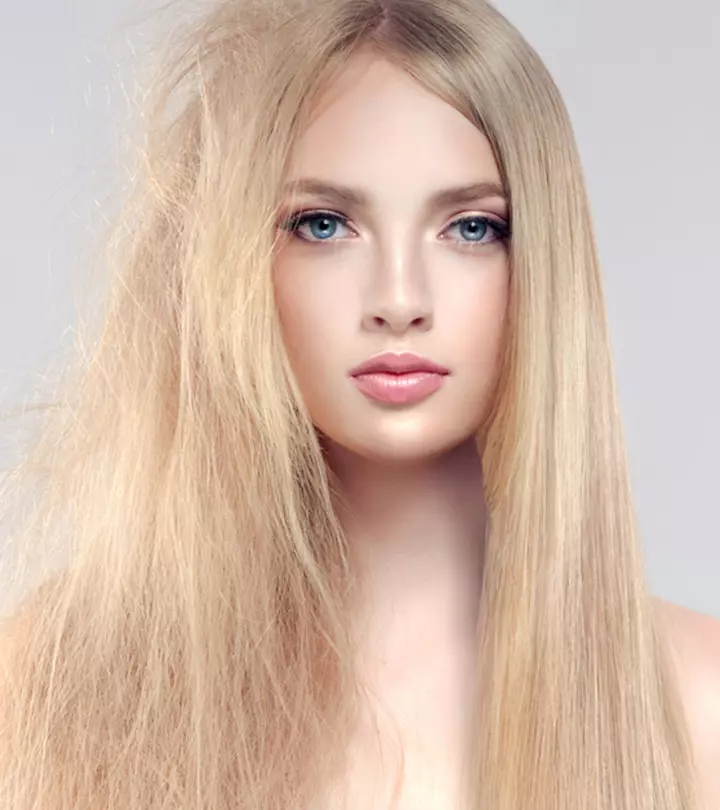

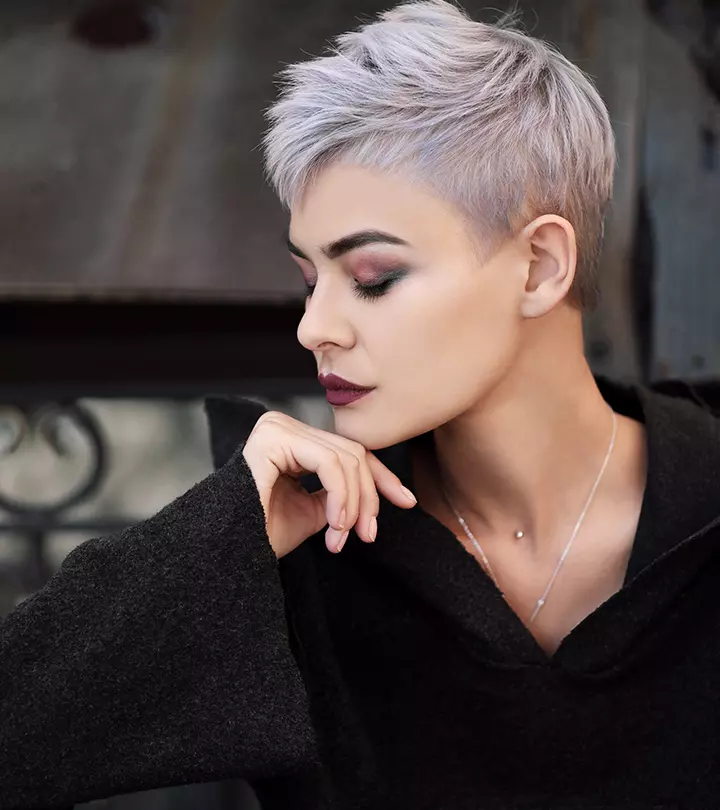
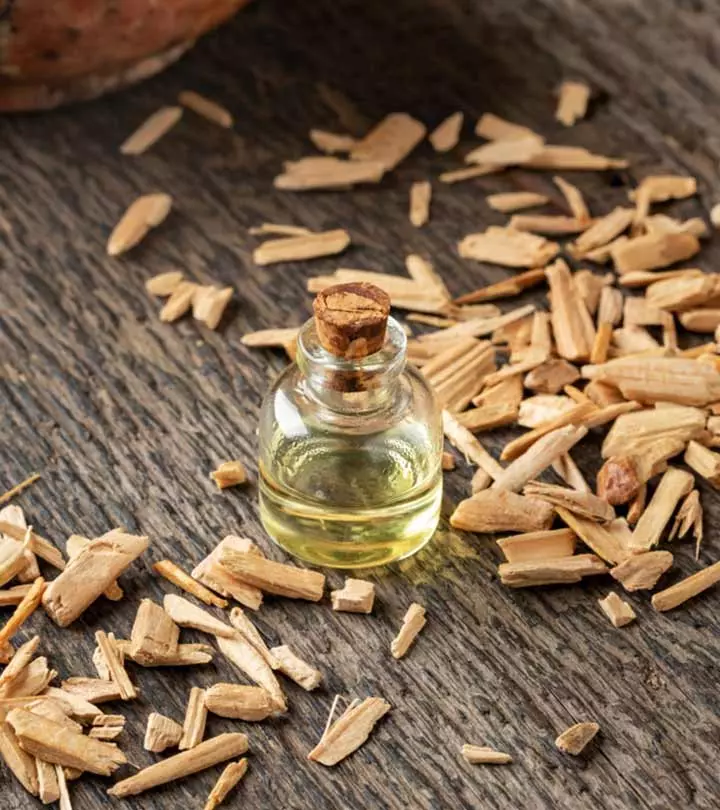
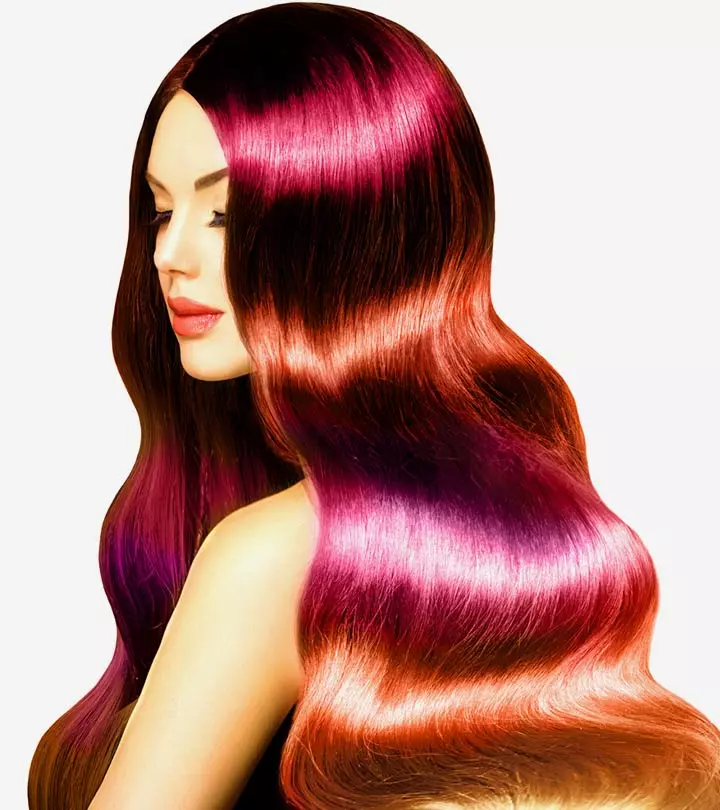
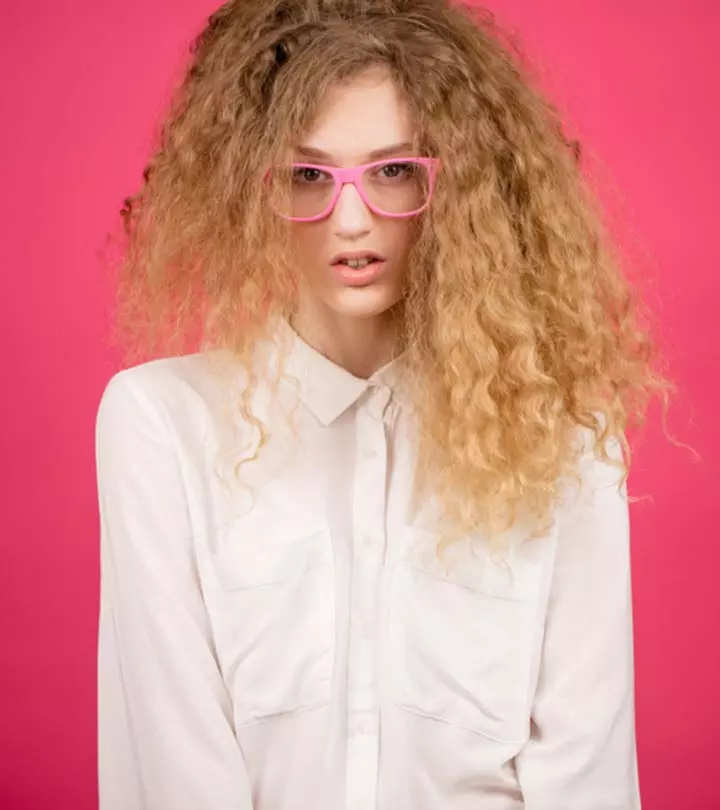
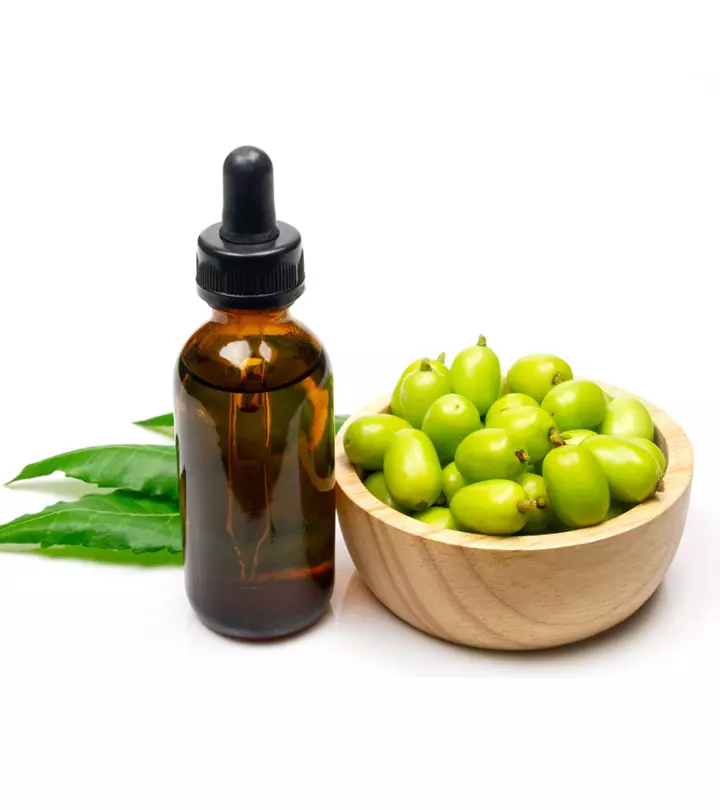
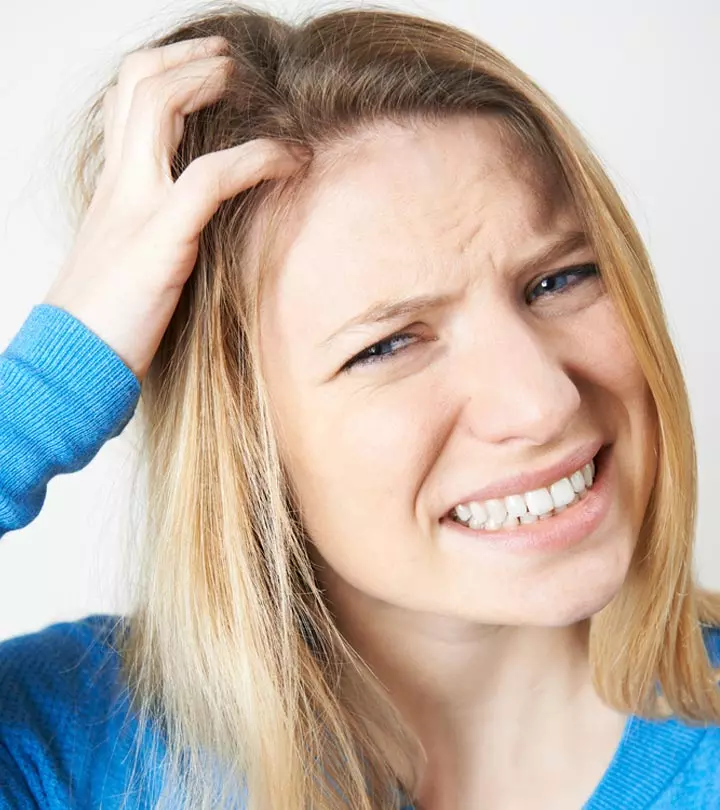
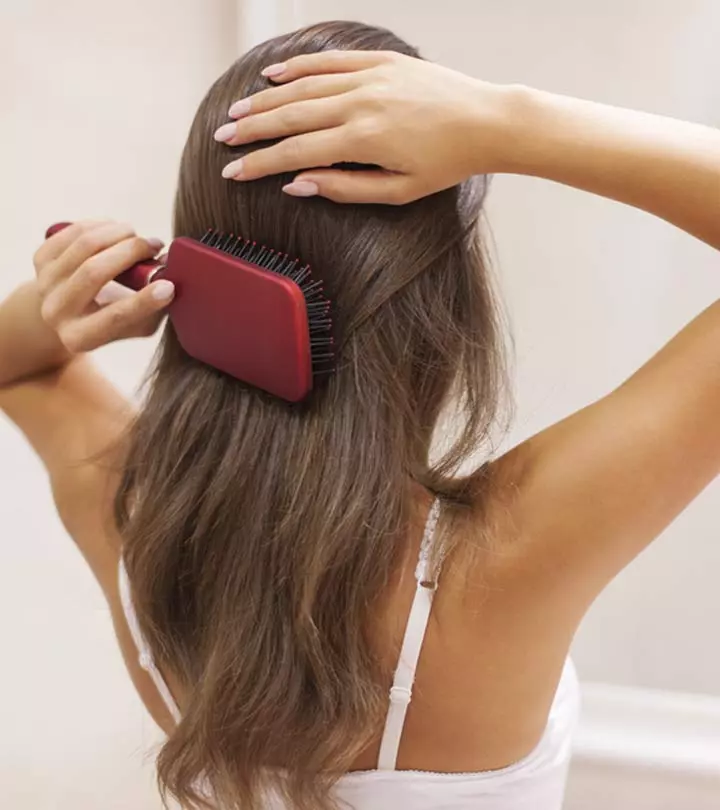
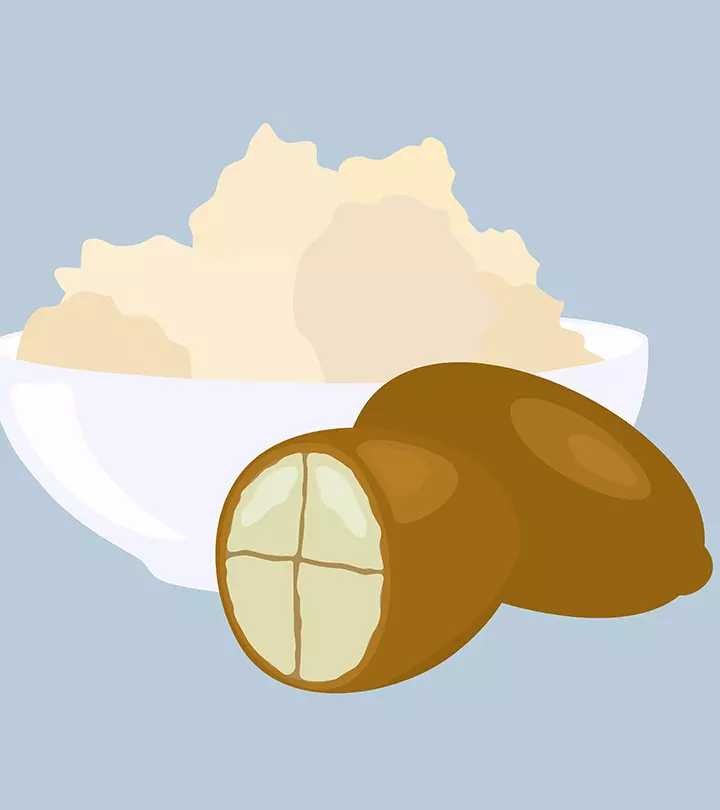
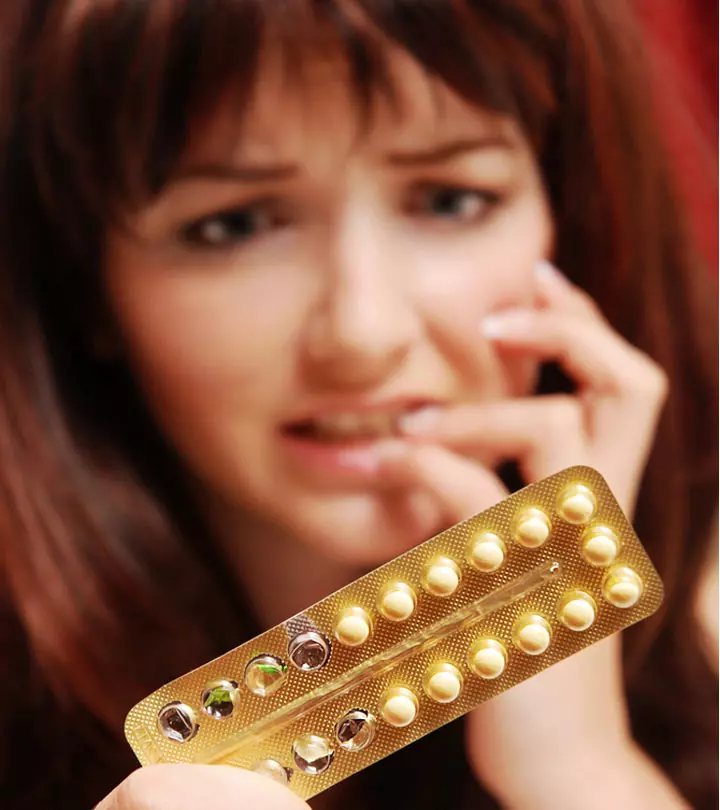

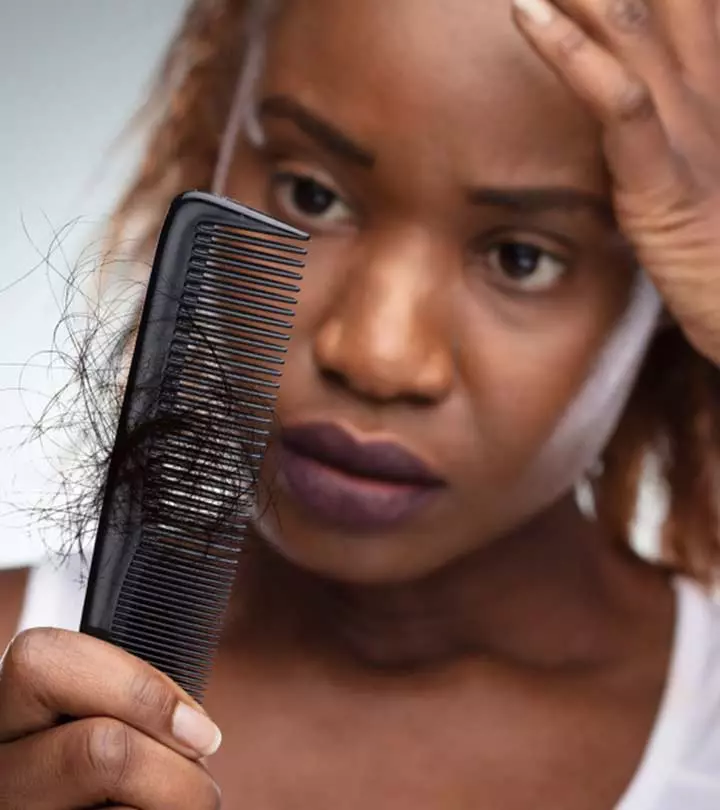
Community Experiences
Join the conversation and become a part of our empowering community! Share your stories, experiences, and insights to connect with other beauty, lifestyle, and health enthusiasts.